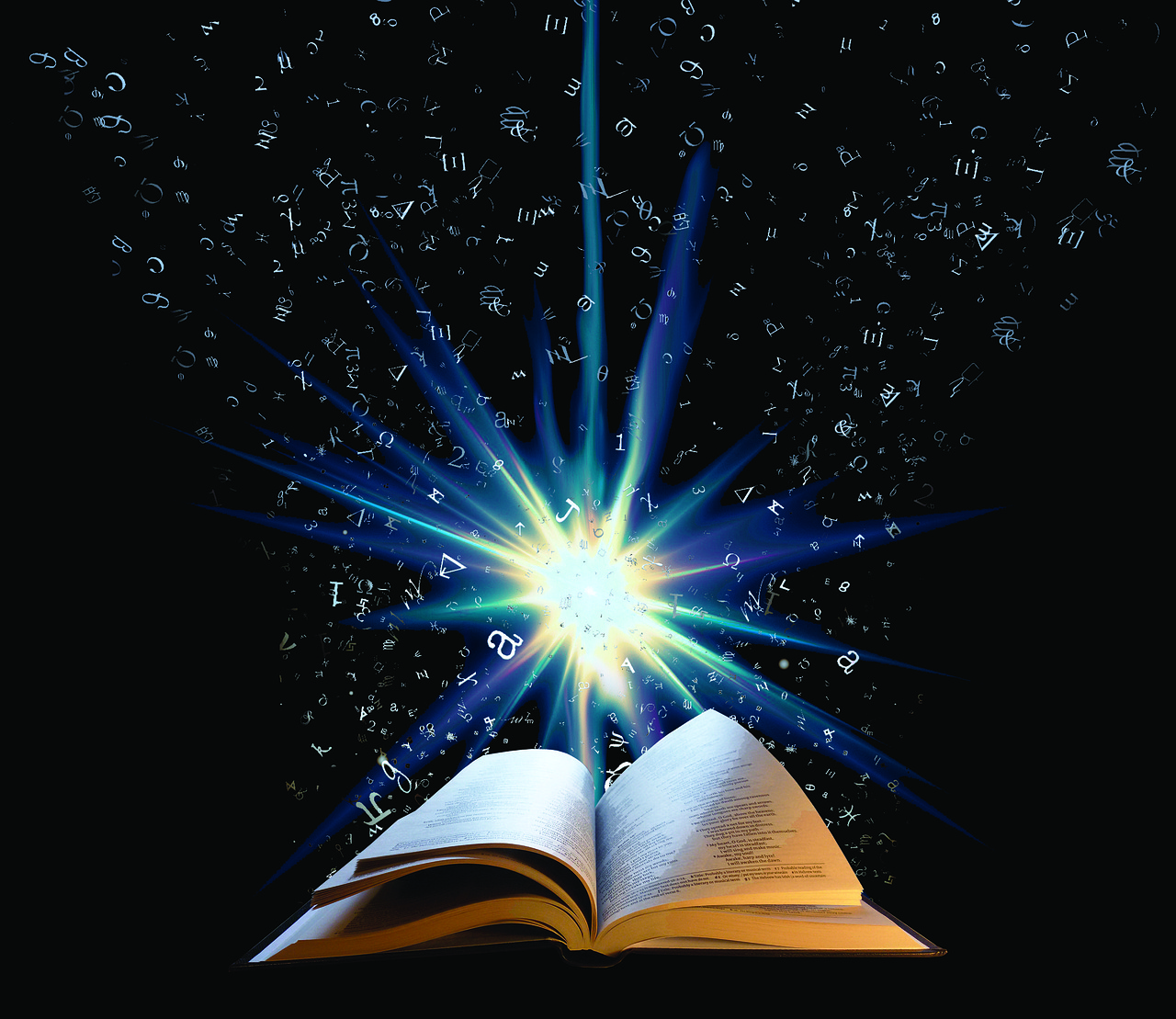Examining the Reality Behind the Astrology
Astrology has long fascinated humanity with its promise of understanding the mysteries of the cosmos and our place within it. At its core, astrology suggests that the positions of celestial bodies influence various aspects of our lives – from our career paths to our romantic relationships. Astrologers claim to decode these celestial messages by analyzing the planetary positions at the time of our birth.
The study of astrology is no small feat. It’s a vast subject, with even the most dedicated practitioners admitting they’ve only scratched the surface of its depths. Despite its complexity, many believe in the validity of astrology, attributing its efficacy to concepts like frequency, belief, attraction, or intuition. They see astrology as a guiding force, helping us navigate life’s uncertainties and find meaning in the universe’s grand design.
However, skepticism abounds, with critics questioning astrology’s scientific basis and dismissing it as mere superstition. They argue that the accuracy of predictions depends more on the skill and experience of the astrologer than the system itself. Despite this, astrology persists, with its proponents finding solace and guidance in its teachings.
Vedic astrology, in particular, is often revered for its depth and precision. It’s believed to offer insights into past lives and comes naturally to those born with previous astrological knowledge. Yet, mastering Vedic astrology requires years of study and dedication.
Astrology relies on a myriad of calculations, including planetary positions, the influence of shadow planets, house placements, divisional charts, nakshatras, and zodiac signs. While lacking empirical evidence, astrology is upheld by personal experiences and individual interpretations. However, skeptics caution against the use of generalized statements by some astrologers, which may play on emotions and cast doubt on the authenticity of their predictions.
Despite the debate surrounding its validity, many find comfort and guidance in astrology’s teachings. For them, astrology offers a sense of connection to something greater than themselves – a reminder that we’re all part of a vast and interconnected universe.
In the end, whether astrology is real or not is a question that may never have a definitive answer. Its truth lies in the eyes of the beholder, shaped by personal beliefs, experiences, and interpretations. Whether you find solace in the stars or remain skeptical, the fascination with astrology and its exploration of the human experience continues to captivate minds around the world.
Frequently Asked Questions On “Is Astrology True”
1. How accurate is astrology? Astrology is believed to be highly accurate by many practitioners and believers. It’s seen as a tool left behind for us to decode and use to uncover the way our soul communicates with us. Astrology, considered the ancient language of the planets and stars, offers insights into both individual personalities and broader cosmic patterns. While accuracy may vary depending on interpretation and skill, many find profound truths revealed through astrology.
2. Can astrologers predict the future? Astrologers use the positions of celestial bodies to make predictions about various aspects of life, including future events. While astrology isn’t deterministic and doesn’t offer exact predictions like a crystal ball, astrologers may offer insights into potential trends and influences based on planetary alignments and patterns. However, it’s important to remember that the future is not set in stone, and free will also plays a role in shaping our destinies.
3. Does astrology really work? For many people, astrology holds significant meaning and resonates deeply with their experiences. They believe that by studying the movements of the planets and stars, they can gain insights into their own lives and the world around them. While astrology lacks empirical evidence to support its claims, its effectiveness is often attributed to personal interpretation, belief, and intuition.
4. Can astrology predict the future? Astrology is not about predicting the future with absolute certainty. Instead, it offers a framework for understanding the energies and influences at play in our lives. Astrologers may offer guidance and insights into potential future trends based on the alignment of celestial bodies, but the future is ultimately shaped by a combination of factors, including individual choices and external circumstances.
5. How old is astrology? Astrology has ancient origins, dating back thousands of years. Our ancestors relied heavily on this ancient science, treating it as a respected tool for understanding the world and their place within it. Over time, astrology has evolved and adapted, but its fundamental principles remain deeply rooted in the observation of celestial movements and their effects on human affairs.
Read More Post
https://myastrotime.com/secrets-of-saturn/: Is Astrology True?: Should We Believe It Or Not









